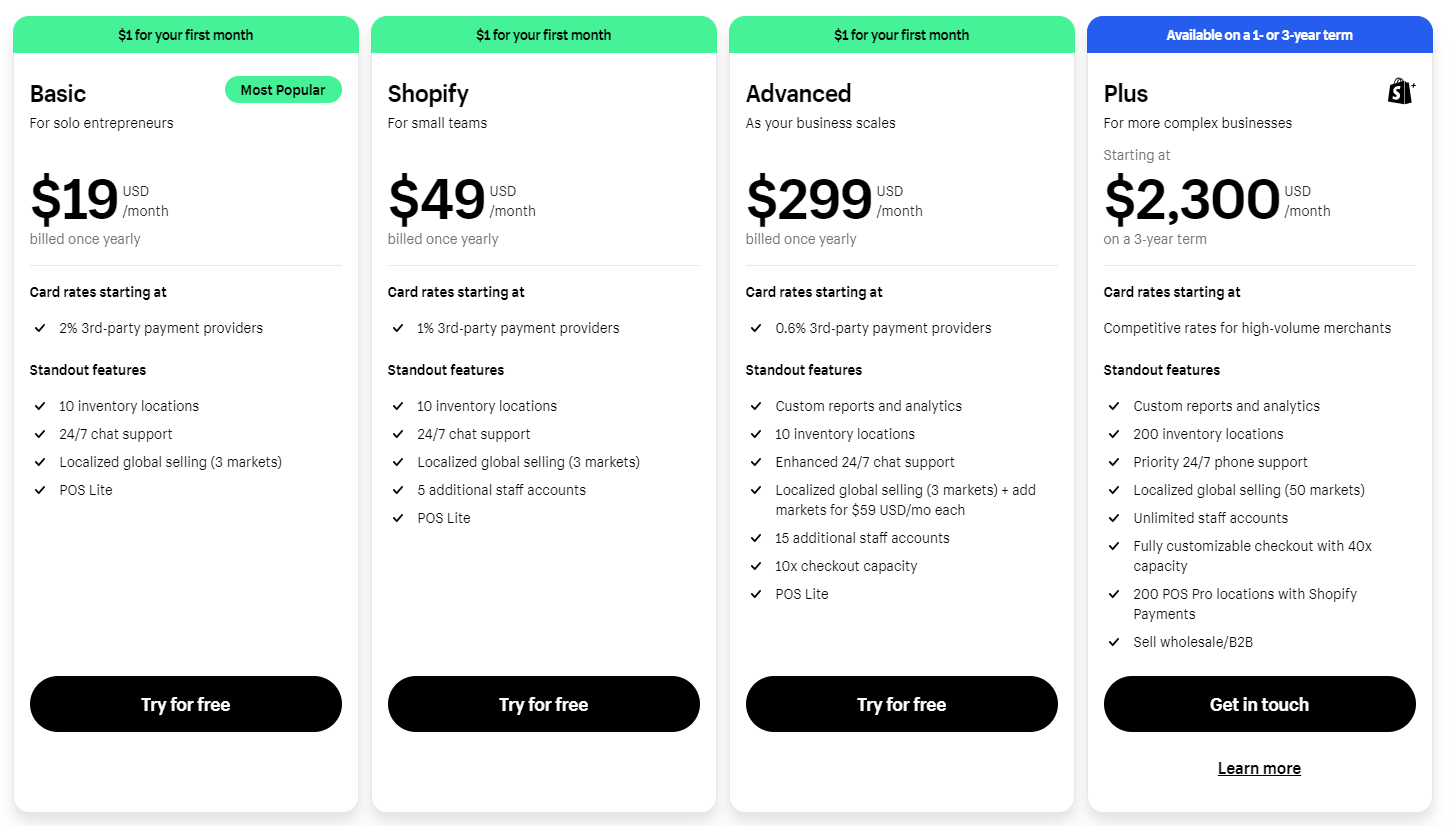When business owners or employers seek to expand their workforce, they often face a crucial decision – the differences between W2 vs 1099 workers and which to hire. Understanding the differences between these two classifications is essential for compliance with labor laws and tax regulations. This article aims to shed light on the disparities between W2 and 1099 workers, the factors to consider when making hiring decisions, the pros and cons of each classification, and the legal implications involved.
What is a W2 Worker?
A W2 worker is an employee who is engaged in an employer-employee relationship with the company. The employer exercises a significant level of control over the work performed by W2 employees, including dictating when, where, and how the tasks are carried out. W2 workers have their taxes withheld by the employer, and the employer is responsible for contributing to their Social Security and Medicare payments. Additionally, W2 employees may be entitled to various benefits, such as health insurance, retirement plans, paid leave, and unemployment insurance.
What is a 1099 Worker?
A 1099 worker, on the other hand, is considered an independent contractor or a self-employed individual. Independent contractors operate with a greater degree of autonomy, deciding how and when to complete their tasks. They typically provide services on a project basis and are responsible for handling their taxes, including income tax and self-employment tax, which covers Social Security and Medicare contributions. Unlike W2 employees, 1099 workers are not eligible for employer-provided benefits.
What Are the Key Differences Between W2 vs 1099 Workers?

1. Employment Relationship
The primary distinction between W2 vs 1099 workers lies in their employment relationship. W2 workers are considered employees, and their employers have a greater level of control over their work processes. In contrast, 1099 workers are independent contractors and maintain more control and flexibility in their work methods.
2. Tax Obligations
Tax obligations are another significant difference between the two classifications. For W2 workers, employers withhold income taxes from their paychecks and are responsible for paying a portion of their Social Security and Medicare taxes. Independent contractors, being 1099 workers, must handle their tax responsibilities, including quarterly estimated tax payments and self-employment taxes.
3. Benefits and Protections
W2 workers often receive benefits and protections, such as health insurance, retirement plans, paid time off, and unemployment benefits. These benefits are not typically provided to 1099 workers, who are responsible for securing their own insurance coverage and savings plans.
What Are Some Factors to Consider When Hiring W2 vs 1099 Workers?

1. Nature of the Work
The nature of the work being performed is a crucial factor to consider when deciding whether to hire a W2 employee or a 1099 independent contractor. If the tasks require a high level of control and supervision, a W2 employee may be more suitable. On the other hand, if the work is project-based and requires specialized skills, hiring a 1099 worker might be more appropriate.
2. Control and Independence
Employers need to assess the level of control required over the worker. If a company demands significant oversight and direction, hiring a W2 employee may be necessary. However, if the work can be completed with minimal supervision, engaging a 1099 worker might be more cost-effective.
3. Cost Considerations
Hiring a W2 worker generally involves higher costs for employers. Apart from salary and benefits, employers must also account for payroll taxes, workers’ compensation insurance, and other overhead expenses. On the other hand, hiring 1099 workers may be more financially advantageous as employers are not responsible for taxes or benefits.
Pros and Cons of Hiring W2 vs 1099 Workers
Hiring W2 Workers:
Pros:
- Greater control over work processes and outcomes.
- Access to a loyal and dedicated workforce.
- Eligibility for benefits and protections, fostering employee satisfaction and retention.
Cons:
- Higher costs due to taxes and benefits.
- Increased administrative burden in terms of payroll and compliance.
- Limited flexibility in staffing during lean periods.
Hiring 1099 Workers:
Pros:
- Lower costs as employers are not responsible for taxes or benefits.
- Flexibility in hiring for specific projects or periods.
- Access to specialized skills and expertise.
Cons:
- Less control over work methods and outcomes.
- Potential legal risks associated with misclassification.
- Challenges in maintaining a stable workforce for long-term projects.
What Are the Legal Implications and Compliance?
1. Misclassification Risks
Misclassifying workers as either W2 employees or 1099 independent contractors can lead to legal consequences and substantial financial liabilities. If an employer wrongly categorizes an employee as a contractor, they may be held accountable for unpaid payroll taxes, benefits, and other labor-related costs.
2. Labor Laws and Regulations
Both W2 and 1099 workers are subject to distinct labor laws and regulations. W2 employees are protected under various federal and state employment laws, including minimum wage, overtime, and workplace safety laws. Independent contractors, however, are generally not covered by the same protections.
3. Mitigating Legal Risks
To reduce the risk of misclassification, employers should carefully evaluate the working relationship with each worker and ensure compliance with relevant laws. Consulting legal experts or HR professionals can be beneficial in determining the appropriate classification for workers.
Frequently Asked Questions
How are W2 workers and 1099 workers taxed differently?
W2 workers have their taxes withheld by employers, while 1099 workers must handle their taxes, including self-employment taxes.
Do W2 and 1099 workers receive benefits?
W2 workers are generally eligible for benefits like health insurance, retirement plans, and paid leave, while 1099 workers are responsible for their benefits.
What are the legal implications of misclassifying workers as W2 or 1099?
Misclassifying workers can lead to legal and financial consequences, including back taxes and penalties.
Can a worker’s classification change from W2 to 1099 or vice versa?
Worker classification can change depending on changes in their working relationship with the employer and how the work is performed.
Are there any risks associated with hiring 1099 workers?
Hiring 1099 workers carries potential risks, such as misclassification and compliance issues, but these can be managed with proper legal guidance.
What Is EcomBalance?

EcomBalance is a monthly bookkeeping service specialized for eCommerce companies selling on Amazon, Shopify, Ebay, Etsy, WooCommerce, & other eCommerce channels.
We take monthly bookkeeping off your plate and deliver you your financial statements by the 15th or 20th of each month.
You’ll have your Profit and Loss Statement, Balance Sheet, and Cash Flow Statement ready for analysis each month so you and your business partners can make better business decisions.
Interested in learning more? Schedule a call with our CEO, Nathan Hirsch.
And here’s some free resources:
- Monthly Finance Meeting Agenda
- 9 Steps to Master Your Ecommerce Bookkeeping Checklist
- The Ultimate Guide on Finding an Ecommerce Virtual Bookkeeping Service
- What Is a Profit and Loss Statement?
- How to Read & Interpret a Cash Flow Statement
- How to Read a Balance Sheet & Truly Understand It
Conclusion
Deciding between hiring W2 employees vs 1099 independent contractors is a crucial aspect of business growth. Each classification offers unique benefits and challenges, and understanding the key differences is essential for employers to make informed and compliant decisions. By considering the nature of the work, the level of control required, and the associated costs, employers can determine the best fit for their specific workforce needs while minimizing legal risks. Seeking professional advice from legal and HR experts is strongly recommended to ensure compliance with relevant labor laws and regulations.










